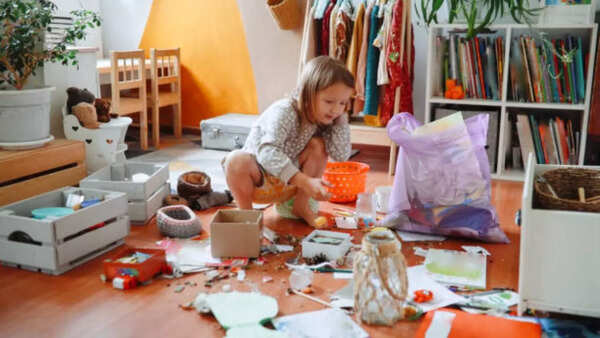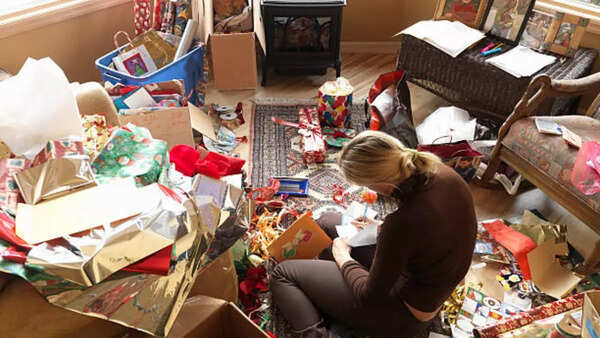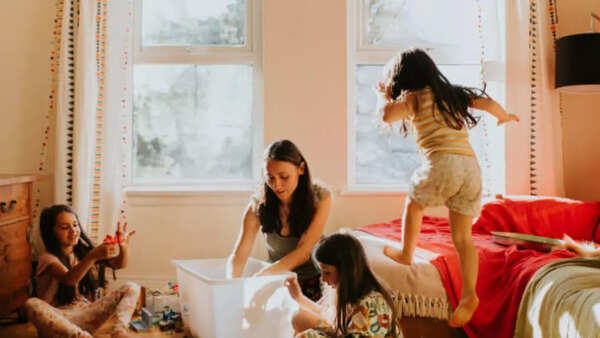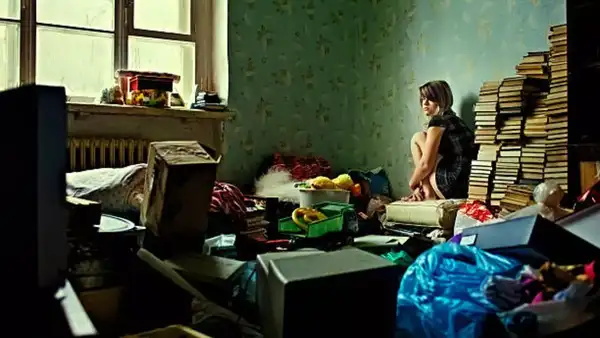Storing memories or hoarding clutter, which one are you doing? A lot of humans have the habit of storing a variety of objects such as old belongings that have an emotional attachment or broken things that they are surely going to get mended one day. For one reason or another, there are so many things we prevent from throwing or giving away, just because they feel important.Now, a decluttering expert has revealed just what your clutter personality could be and what it says about you. According to Lesley Spellman, co-founder of The Declutter Hub and co-author of the new book Reset Your Home: Unpack Your Emotions and Your Clutter, Step by Step, these are the five clutter personalities.‘Clutter is rarely just about space – it’s emotional,’ Spellman said. ‘To make calm, rational decisions about what stays and what goes, we have to first understand what’s holding us back.’‘And that starts with us – our mindset, our emotions and our clutter personality. Only then can we start making real progress, clearing space not just in our homes, but in our heads and lives, too.’Spellman suggested that self-awareness is a crucial step in the decluttering process and understanding what your clutter personality is- is a powerful place to begin.
The Happy Heaper

Image credits: Getty Images
Spellman describes the first personality as the ‘Happy Heaper.’ These are the people who hoard clutter just because it falls way below their priority list. They value their work, social, personal lives and other projects more than decluttering their space.‘An often deep, sometimes chaotic and possibly neurodivergent thinker, the happy heaper is likely to have a busy life with multiple people, projects and priorities to think about,’ she said to the Daily Mail. She added that these personalities sometimes don’t even realize that they have clutter because they believe that the things hold a space. ‘they have a sense of knowing where something might be found,’ she added, explaining that it might also come from a place of perfectionism where they don’t take up a task till they have the time to do it perfectly.
The Kind Keeper

Image credits: Getty Images
Remember how Phil from Modern Family hoarded a lot of stuff in the garage because it held sentimental value for him? Well, he was a kind keeper. These are the most common types of heapers and they believe that every object they own has a sentimental value to it for them.‘They may have lived a period of their life when they had very little and consequently embrace the feeling of having more,’ explained Spellman. Thus, when they try to clear up the clutter, they face hurdles in the form of feelings which make them not want to let go.
The Warm Weeper

Image credits: Getty Images
If you are holding on to stuff because of your past pain, feelings or trauma, then you are a warm weeper. It could be a sweater that belonged to your mom or a pen that your late friend gifted to you.‘The stuff they have chosen to keep has offered them respite from the complications of relationships or the overwhelming sense of melancholy they feel,’ reasoned Spellman.While you may feel pressured to clear up things by others who have moved over the trauma, you should take your time and not get influenced, she advised.
The Harassed Housekeeper

Image credits: Getty Images
Well, people in big families or with a large number of children are the harassed housekeepers. No matter how hard they try, the mess keeps on adding up, becoming a pile of clutter that is just never-ending. ‘They may know exactly what to do and how to do it but just simply never seem to find the time.’With only one person decluttering and the others doing the very opposite, it might become a battle that you end up giving up on.
The Nostalgic Knee-deeper

Image credits: Getty Images
Well, the last stage of cluttering or hoarding is a closet or garage so full of stuff, that you would better get lost in it than be able to figure out where to start. ‘The increase in clutter may have been sudden or may have been a lifelong problem but the nostalgic knee-deeper is likely to feel defined by their clutter, stuck and disillusioned.‘Their journey toward a life with less is likely to be a long road and may require psychological intervention.’